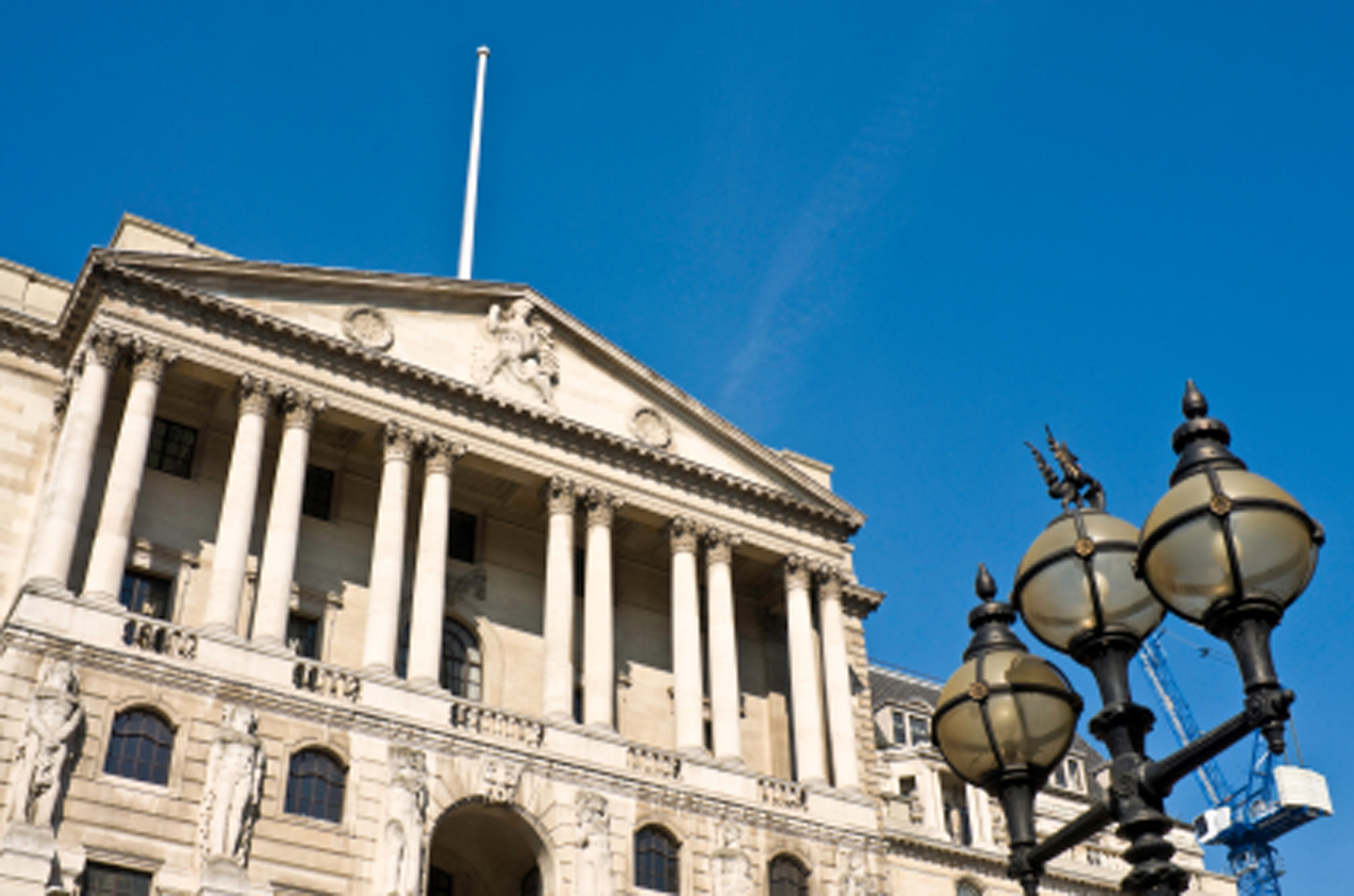Credit Cards & Loans
Credit card borrowing slows as economic fears grow

Consumers are reining in their spending as uncertainty mounts on the outlook for the UK economy.
The latest Bank of England Money and Credit report said household borrowing, including credit cards, overdrafts and personal loans, saw the weakest annual growth in more than three years. It increased by 7.5% annually in October, slowing from 7.9% in September.
However, the number of mortgage approvals made to home buyers hit a nine-month high in October at 67,086 in October. The number of approvals for re-mortgaging was unchanged.
The report also showed that the total amount outstanding of businesses’ borrowing from banks or financial markets increased by £5.8 billion in October, following a fall of £1.9 billion in September. This suggests some optimism from businesses about their future prospects, though larger businesses made up the lion’s share of this additional borrowing.
Mutaz Qubbaj, CEO of savings app ‘Squirrel’ said: “Consumers may not have quite slammed the brakes on their spending habits since the EU referendum two and half years ago, but there’s been a very definite slowdown with the annual growth rate of consumer credit continuing to ease off in October.
“As the spectre of Brexit looms, Britons are clearly thinking twice about diving into even more debt. They’re tightening their belts as lenders are becoming more cautious.”
Peter Tutton, head of policy at debt charity StepChange, said that while the flow of credit card borrowing may be slowing down, the amount still owed on credit cards remains extremely high: “Some £72 billion of credit card debt remained outstanding in October – up from around £69 billion just a year ago. While it may be true that some people are making greater use of cards for transaction rather than for borrowing, there is still a massive backlog of rolling card debt, with some three million people potentially subject to the Financial Conduct Authority’s new interventions to address persistent credit card debt.”
Howard Archer, chief economic adviser at EY ITEM Club, said: “October’s rise to 67,086 does not materially change our perception that the housing market is still finding it tough in the face of still limited consumer purchasing power, fragile consumer confidence and wariness over higher interest rates – although there are varying performances across regions with the overall national picture dragged down by the poor performance in London and parts of the South East.”